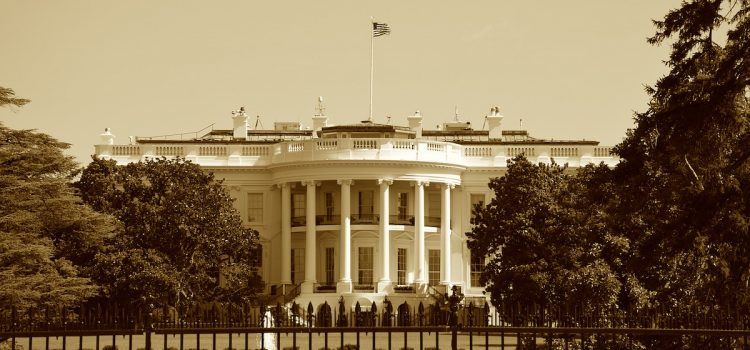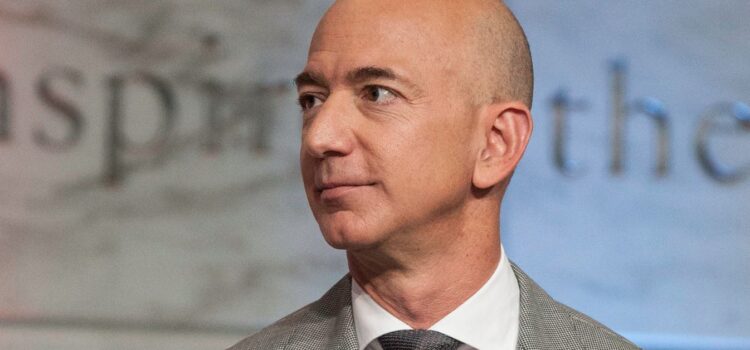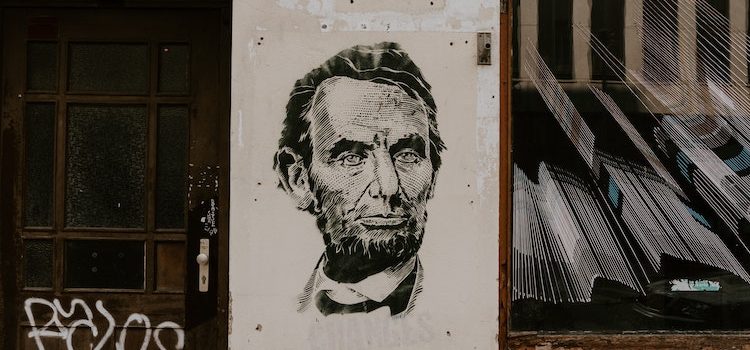How many childhood friends did Sam Bankman-Fried have? On what rare occasion did he wear a suit? In his recent biography Going Infinite, Michael Lewis provides a rare glimpse into the inner workings of Sam Bankman-Fried’s life. Lewis writes about the time before Bankman-Fried became a crypto mogul, explaining why he spent his life as a social outcast. Read more to understand Sam Bankman-Fried’s personality.
Sam Bankman-Fried’s Personality: A Lifelong Social Outcast










